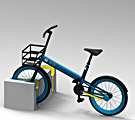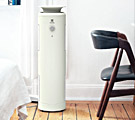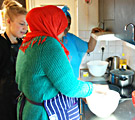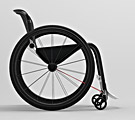Maximilian Winkel
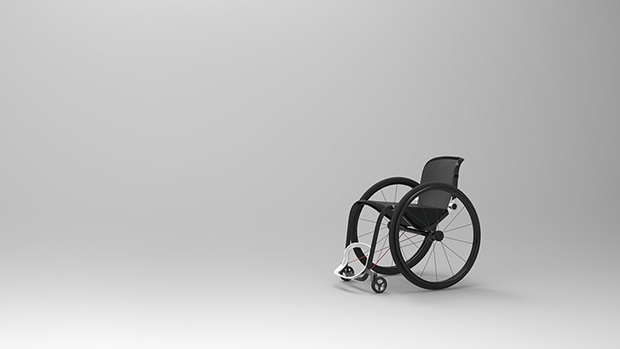
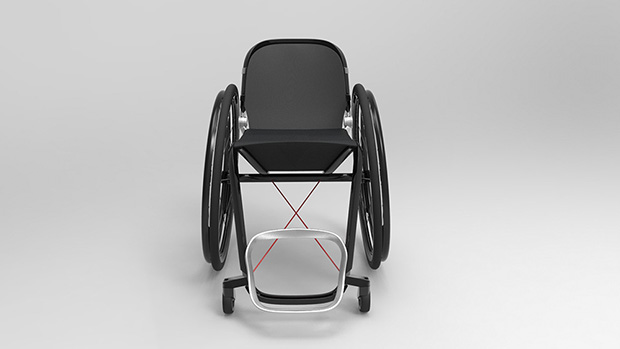
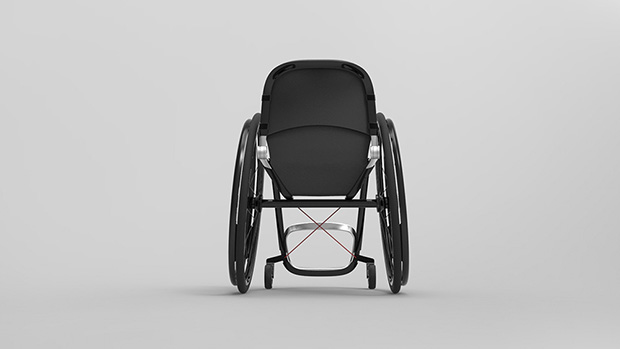
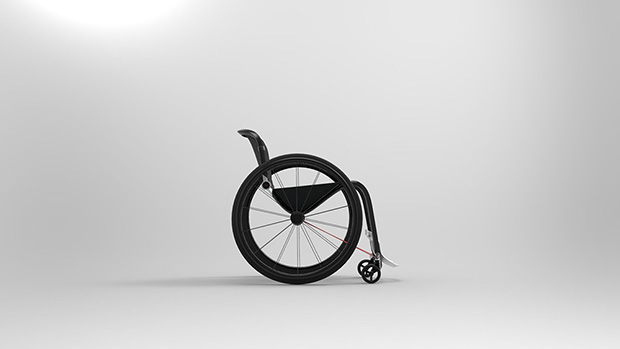
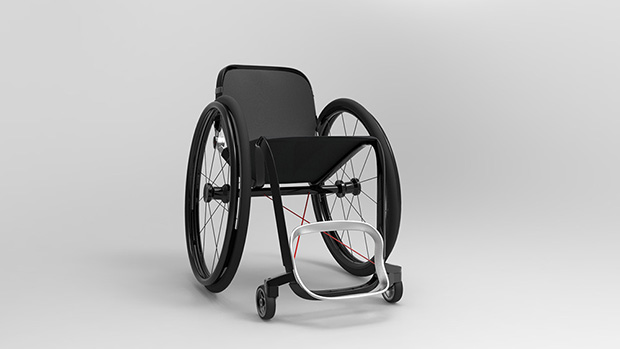
Lightness is one of the key features in a wheelchair; however, light wheelchairs are expensive and therefore not available for everybody who would benefit from using one.
In this project, I worked with the new and innovative manufacturing technique of bending carbon-reinforced-plastic. This combines the strength and lightness of carbon fiber with the rather simple and inexpensive technique of bending, resulting in Watson, a very light, yet affordable wheelchair.
Apart from wheelchairs that appear either sporty or technical, there are not very many options for the user to choose from. Common wheelchair design widely ignores the lifestyle or social aspirations of the users and rather focuses on the technical performance of the chair as an aid.
Watson provides a new approach and takes the social situation and the emotional relationship between the user and wheelchair into consideration. The appearance of it is simplified and discreet, though elegant in detail and affords the user to be in focus. It becomes a personal object rather than an anonymous medical aid.
Bortsett från rullstolar som antingen ser sportiga eller tekniska ut finns det inte många alternativ att välja på för användaren. Vanlig rullstolsdesign bortser ofta från användarens livsstil eller sociala ambitioner och fokuserar istället på rullstolens tekniska prestanda i dess funktion som hjälpmedel.
Watson erbjuder ett nytt förhållningssätt som tar hänsyn till den sociala situationen och den känslomässiga relationen mellan användaren och rullstolen. Dess utförande är enkelt och diskret, men med en elegans i detaljerna, och den tillåter sin användare att vara i fokus. Den blir ett personligt föremål snarare än ett anonymt medicinskt hjälpmedel.

